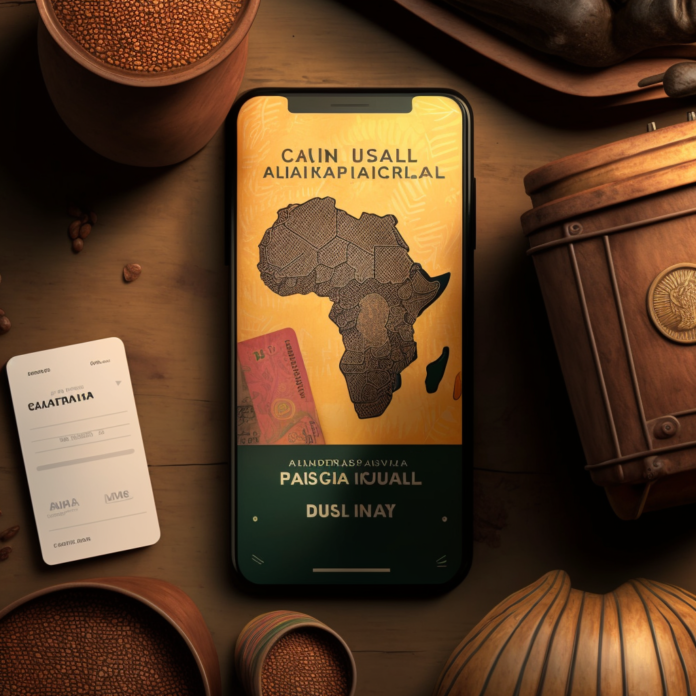In the last decade or so, #wallets have been an essential part of the digital economy.
They have filled in the gaps between the baking industry and its customers.
Wallets have been major contributors to financial inclusion in the developing world.
India, Africa, China all had their fair share of #wallet companies which brought huge unbanked population towards having some form of financial access to the digital economy.
These were the true alternates to the card industry at the time and continue to be a major alternates, both for consumers and businesses.
Wallets, over the last few years have started to become #superapps, offering everything from payments, lending, insurance, trading and investment to food delivery.
Like everything, wallet companies will have to adapt to the new world order.
Adopt to #decentralizedfinance with #decentralized currencies, #tokenization on #peertopeer blockchain networks.
Adopt to centralized currencies, that are also taking the digital avatar with #cbdc.
I believe #wallet will be the door to the new financial world order.
They will provide access to the electronic money but also to the new centralized digital money, #centralbankdigitalcurrency.
Central banks will need wallet companies to distribute the digital currency.
Tencent in #china is an example how a wallet provider will tap into the #centralbankdigitalcurrency infrastructure.
They are already providing access to #decentralized currencies like #cryptocurrencies and #stablecoins. Binance Coinbase are leading in this space, more will follow.
Even in the virtual worlds, #metaverse, the final transactions would be through some sort of wallets.
Wallets will represent a consolidated view of the overall digital economy for consumers and businesses.
Probably wallet firms are in the best position to solve the interoperability problem between various currency types and will continue to represent a key part of the digital economy.
Wallets are proving to create a genuine impact on financial inclusion across Africa and Asia

